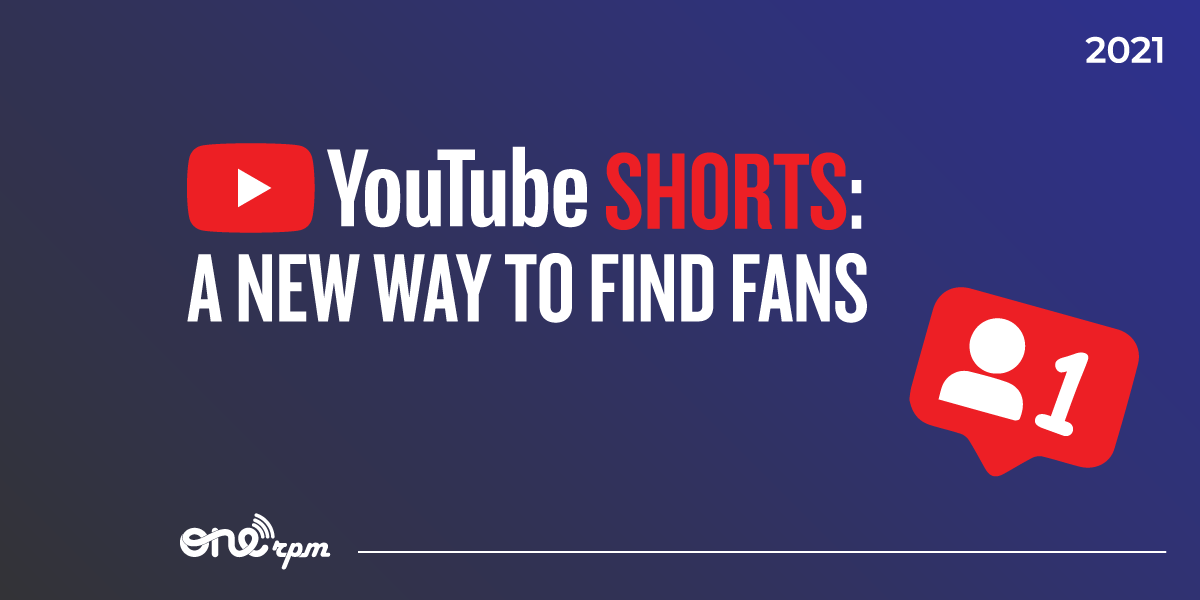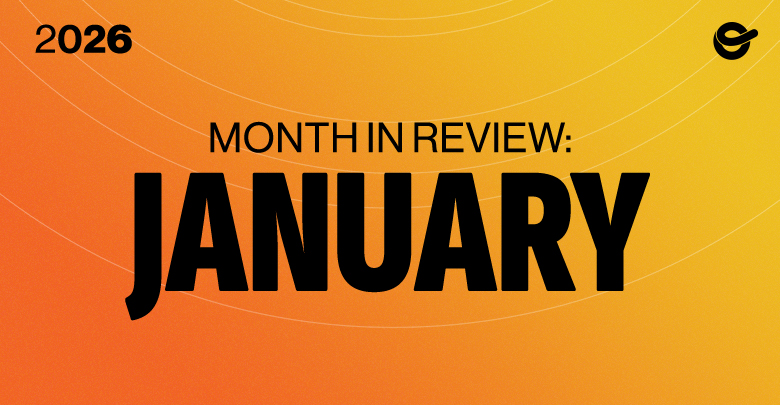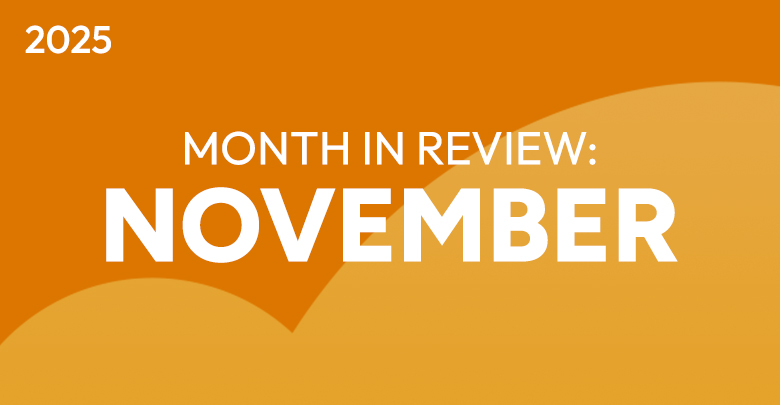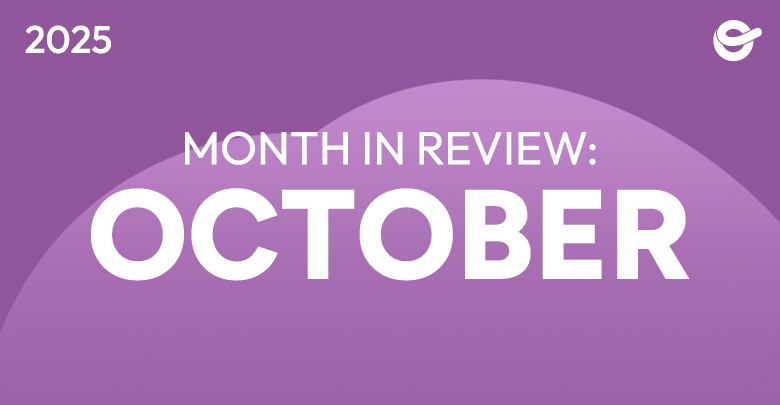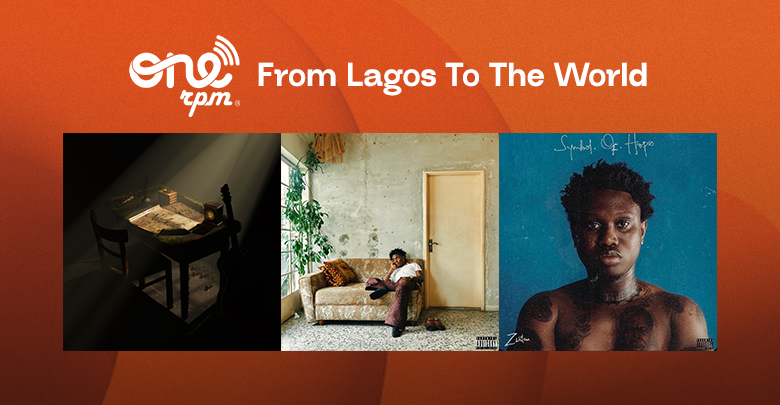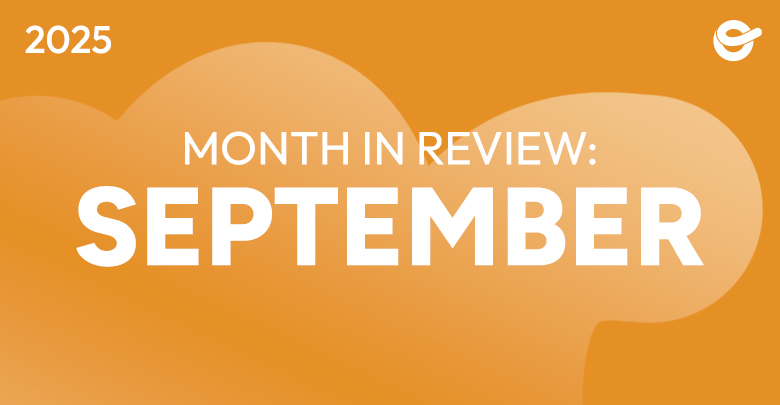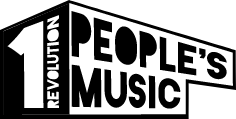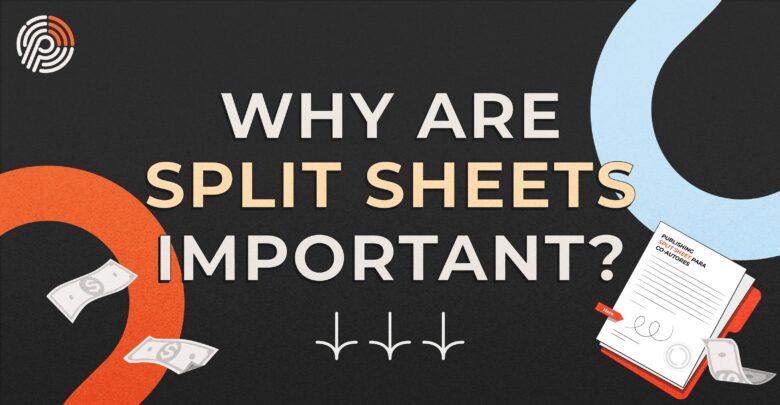
Everything You Need to Know About Split Sheets: What Are They and Why Are They Essential for Your Music?
Here, we'll explain what split sheets are, why they're important, when to sign them, and how they can protect you and your music.
You’ve likely heard the term split sheet if you’re working in the music industry as a songwriter, producer, or artist. This document can be the difference between getting paid your fair share or losing out on the income your compositions generate. Here, we’ll explain split sheets, why they’re important, when to sign them, and how they can protect you and your music.
What Is a Split Sheet?
A split sheet is a legally binding document that specifies the percentage of ownership each collaborator has in a song. This document clearly defines who owns what part of a musical work and how royalties will be distributed.
Why Are Split Sheets Important?
Split sheets are vital in the music industry for several reasons:
- Proof of Ownership: Split sheets establish who owns which percentage of the song, which is critical for avoiding disputes in the future.
- Facilitating Royalty Collection: Performance Rights Organizations (PROs), music publishers, and distributors require split sheets to confirm ownership percentages and distribute royalties accurately.
- Conflict Prevention: A signed split sheet ensures all collaborators agree on the ownership distribution, avoiding misunderstandings or last-minute changes.
The best time to complete and sign a split sheet is:
- When all collaborators agree that the song is finished.
- Before registering the song with a PRO or releasing it.
Having it signed early avoids confusion and protects all parties involved.
How Are Ownership Percentages Determined?
The collaborators themselves determine the ownership percentages in a song. Some teams divide ownership equally, while others base it on individual contributions.
Pro Tip: Discuss and agree on percentages early to ensure everyone is aligned.
Common Scenarios That Require a Split Sheet
- Collaborative Songwriting: When multiple creators work on a song, a split sheet ensures everyone gets their fair share of royalties.
- Using Samples: If your song includes samples, these must be negotiated and documented on the split sheet to avoid copyright issues.
- Band Dynamics: Clarify how royalties will be divided, especially if one band member contributes more to the songwriting process.
- Co-Writing Sessions: Anytime you work with other artists, producers, or lyricists, a split sheet is essential to avoid misunderstandings.
Protect Your Music Today
Ready to secure your music royalties and avoid disputes? Start by downloading our split sheet template. It’s the first step to ensuring your hard work and creativity are rewarded fairly.






